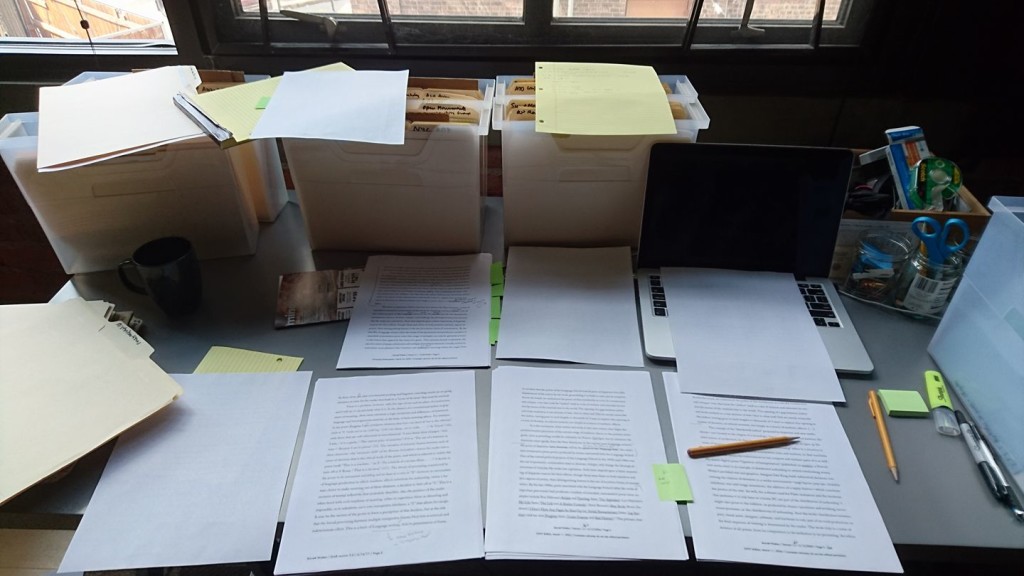CALL FOR PAPERS
Refunctioning Poetics
The Louisville Conference
on Literature and Culture After 1900
University of Louisville, February 20–22, 2020
Organizer: Barrett Watten / contact by September 16
This is a call for one or two participants for a session on the “refunctioning” of literature (focusing on poetry and poetics in terms of “the making of the work” but including other genre possibilities). Recent texts suggesting such a “refunctioned” poetics include Lyn Hejinian’s Positions of the Sun; Kevin Killian’s amazon.com writings; Eugene Lim’s cyber-novels; and others proposed by panel participants. The concept of “Refunctioning” (Umfunktionierung) comes from Walter Benjamin, via Bertolt Brecht, in his keystone essay “The Author as Producer” (1934). How can new forms and genres of poetics be seen as “refunctioning” the aesthetic as political, given that Benjamin’s world has been “refunctioned” in the “new presentism” we live and suffer? Returning to Benjamin’s 1934 essay, in the context of the struggles against fascism but also in contestation with socialist realism, the panel asks, what does “refunctioning” authorship, and the literary and cultural work, mean in the present? Participants may approach this question by rethinking the status of the author; theorizing poetic making from a gendered perspective; seeing material production and digital reproduction as central for rethinking poetics as “the making of the work”; and reading new genres of experimental writing, after the Millennium, that incorporate its precarious presentism.













